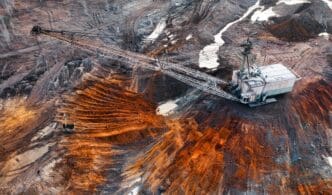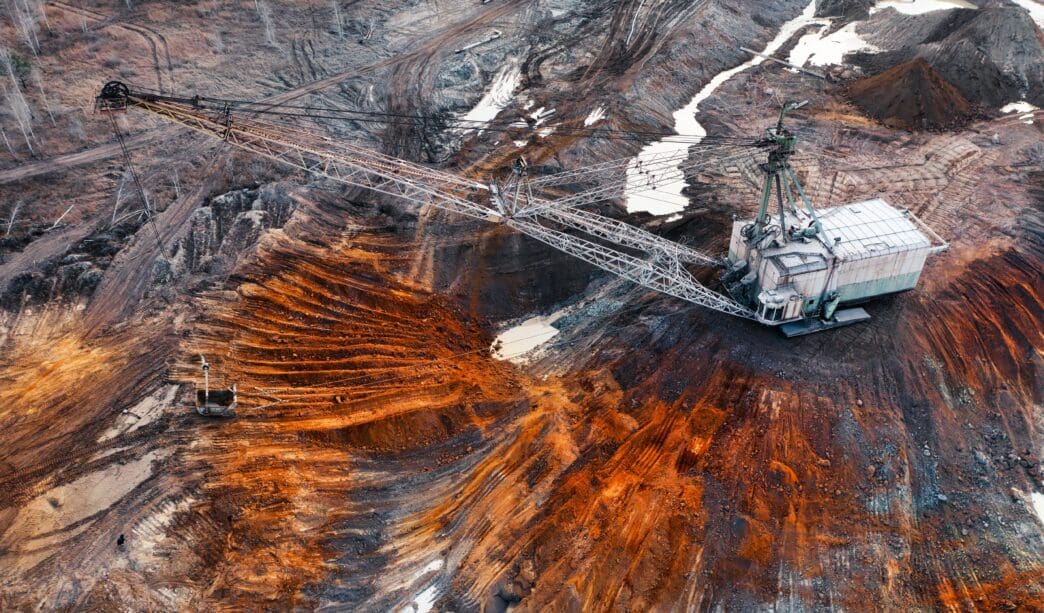Executive Summary
The Story So Far
Why This Matters
Who Thinks What?
China has significantly tightened its export controls on rare earth elements and related processing equipment, a move announced ahead of anticipated talks between President Donald Trump and President Xi Jinping. The new regulations expand the list of restricted materials and extend Beijing’s oversight to foreign producers utilizing Chinese rare earths or technology, further asserting its dominance over a critical global supply chain.
Expanded Export Controls
The updated rules add five new rare earth elements to the existing list, bringing the total under restriction to 12. Furthermore, dozens of pieces of specialized equipment and materials vital for rare earth mining and refining, processes where China holds a world-leading position, are now also subject to export limitations.
Exporters are now mandated to apply for licenses for these materials and technologies. While China has indicated it will facilitate license approvals, it intends to reject applications related to defense and will closely scrutinize those pertaining to advanced semiconductors and specific artificial intelligence applications.
Global Supply Chain Impact
Rare earth elements are indispensable for a wide array of modern technologies, from electric vehicles and wind turbines to advanced aircraft engines and military radar systems. China currently processes over 90% of the world’s rare earths and rare earth magnets, giving it substantial leverage over global manufacturing.
Previous rounds of Chinese export controls, such as those implemented in April, have demonstrated their disruptive potential, leading to shortages of rare earth magnets and causing temporary halts in car production plants worldwide.
Jurisdiction Over Foreign Producers
In a notable expansion, Beijing has declared its intent to apply these regulations to foreign companies that produce certain rare earth products using Chinese materials or equipment. This mirrors similar export control mechanisms employed by the United States since the 1950s, which have recently been used to restrict foreign semiconductor companies from selling chips to China if made with U.S. technology.
Under the new rules, rare earth producers globally must now seek approval from China for sales if they utilize the country’s rare earth equipment. Similarly, rare earth magnet manufacturers are subject to these approvals if their goods contain more than trace amounts of Chinese rare earths.
Strategic Implications
This policy appears strategically designed to reinforce China’s control over the entire rare earth supply chain and could potentially impede international efforts to develop alternative sources and processing capabilities. The move underscores China’s willingness to leverage its economic and industrial strengths in geopolitical contexts.
It is important to note that these rules are not intended to apply broadly to finished consumer goods. For instance, a German company manufacturing rare earth magnets using Chinese materials would require permission, but a washing machine assembled in Germany containing a Chinese rare earth magnet would not need Ministry of Commerce approval for sale in other European countries.
Enforcement and Diversification Efforts
The practical enforcement of these new rules against foreign producers remains uncertain. Chinese law provides for penalties ranging from fines to imprisonment for export control violations. However, prosecuting foreign entities operating outside China’s direct jurisdiction could present significant challenges.
For foreign rare earth companies reliant on Chinese materials or equipment, the risk of being cut off from their suppliers if they fall afoul of the rules is considerable. This potential vulnerability is likely to intensify ongoing initiatives in the United States and Europe aimed at diversifying their rare earth supply chains away from China.








